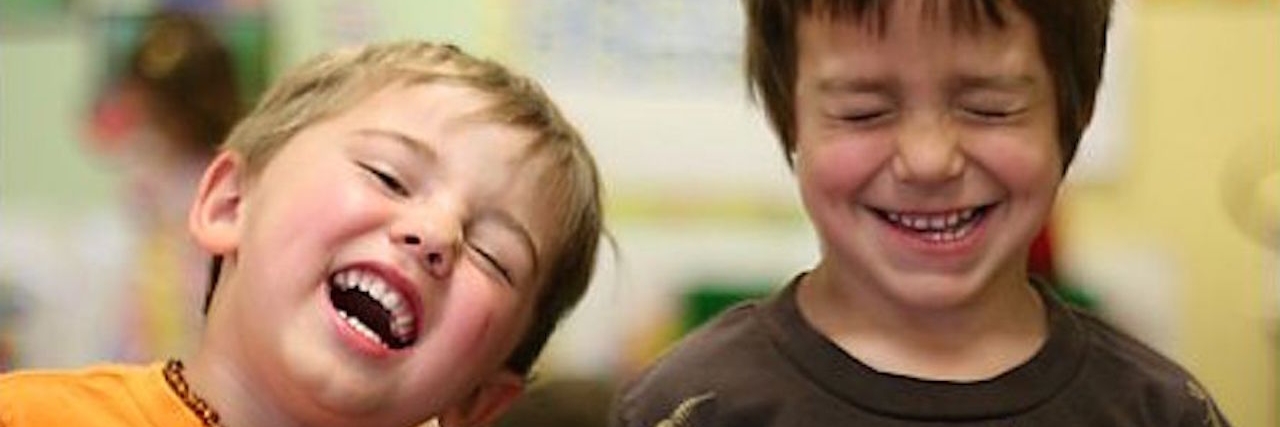As humans, we have an innate desire to connect and build relationships. We relate ourselves to others and express ourselves so that people will have the ability to connect with us. So what happens when you can’t connect with anyone with one of the larger parts of your identity?
My mother was very open to me about my health when I was diagnosed with Noonan syndrome (NS) at the age of 5. Because of this, I was comfortable with the thought of having NS. It was all I had ever known. The discovery of me having NS was as traumatic as learning when my birthday was. Now, here’s the problem — I had nine friends who also had birthdays in June. But I didn’t have a single friend who also had at least five different medical specialists, or had to give themselves shots every day, had holes in their heart, or had a mutated chromosome. To tell you the truth, I didn’t think there was anyone else who had those things. I thought it was just me.
When I was 11 years old, my cardiologist suggested that I attend a camp for children and teenagers with congenital heart defects. Even though this was only a symptom of Noonan syndrome, it was a major part of it. Initially, I had no desire to go. By this time, I knew that there were other kids with unique hearts like mine. But 11-year-old me had concluded that they were all in wheelchairs living in the hospital. I wasn’t in a wheelchair, I wasn’t in the hospital. I liked to run and dance. So a camp full of hospitalized kids in wheelchairs didn’t sound like fun. But my cardiologist insisted that every one of his patients who had gone said it was their favorite week of the year. My mother signed me up, promising that I didn’t have to go if I still hated it after we went to the informational meeting.
At that meeting I discovered not only kids my age without wheelchairs, but also that not a single one of them lived in a hospital. I met kids who had been going to camp year after year, my cardiologist was right. I was convinced. I started packing that night for the camp that was a month away.
Over the next four years, I made some of my dearest friends to this day. I did not discover a group of sick kids who talked about their health issues at camp for a week. I discovered a community of kids who liked to dance, run, laugh and sing — with hearts just like mine.
We weren’t a bunch of sick kids at camp, we were kids who needed a friend just like us.
That group of kids (who are now all adults) taught me one of the greatest lessons in life. They taught me to laugh at myself. I learned that a medical condition doesn’t always have to be taken seriously. It can be joked about, a lot. We could laugh about weird things we’ve all dealt with, like sticker hickies from an EKG and the horrors of halter monitors.
As we got older, we stayed a community. We could pick each other back up when one wasn’t doing well. We provided company and laughter during hospital stays, we gave pep talks when one of us was bitter towards their illness, we continued to joke and laugh about the thing that brought us together.
So if your child has any sort of medical uniqueness, please do everything within your power to connect them with kids who are like them. As a parent, you must face the reality that you cannot teach your kid everything they need to know about their illness. Because frankly, you might never fully understand what it’s like to have that illness. So show them someone who does. Never underestimate a child’s ability to teach another child. Whether it’s through camps, playgroups, conventions, or even just a meet up, it’s worth giving it a shot. Give your child the opportunity to be understood.

The Mighty is asking the following: Tell us about a time someone in your community went above and beyond (or did the exact opposite) for you or your loved one with special needs. If you’d like to participate, please send a blog post to community@themighty.com. Please include a photo for the piece, a photo of yourself and 1-2 sentence bio. Check out our Submit a Story page for more about our submission guidelines.

